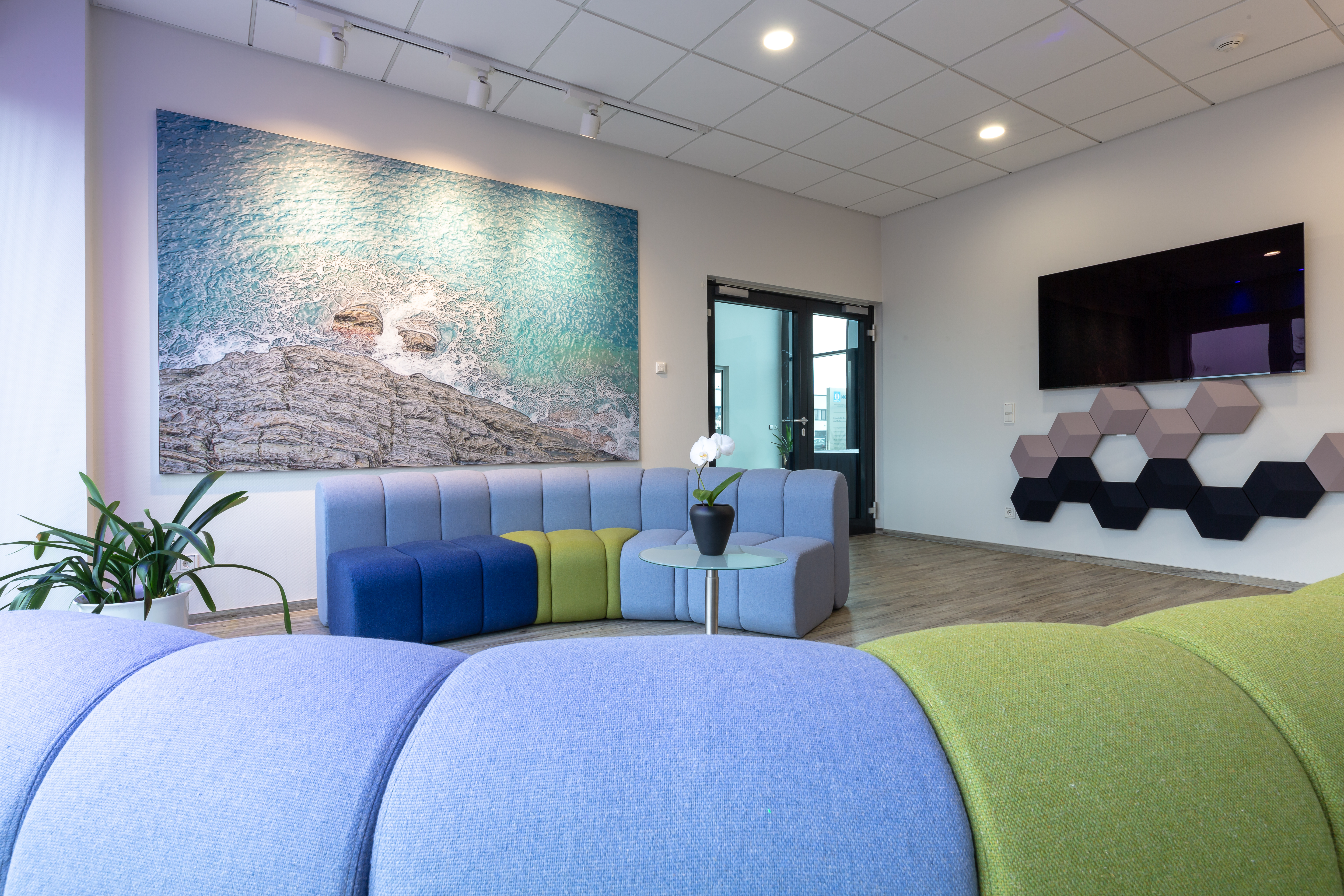.jpg?ts=1651040535)
In the environment of AEMPs and larger clinics, the topic of sterile processing represents an essential element for ensuring proper operation, protection of the instruments used and the associated patient safety. In mid-December 2021, the experts at Gebrüder Heyl Vertriebsgesellschaft received an order to quickly determine the cause of a defective water treatment system in a group ophthalmology practice in the greater Hanover area.
Urgent action was required because the clinic currently has 9 resident doctors and the treatment and care of patients must be ensured at all times. During the technical assessment, it was determined that a booster pump was the cause of the problem. At the same time, a targeted on-site analysis of the relevant water parameters and the instrumentation used determined that the existing system did not ensure the necessary quality of ultrapure water for the downstream processes and treatment steps. On the recommendation of our experts, a blending bed with highly sensitive monitoring designed to meet current requirements was installed as an interim solution. This enabled the necessary security of supply to be restored within a very short time.
At the same time, a precise design for a new ultrapure water treatment plant meeting modern and future requirements was projected on the basis of the data survey and subsequently presented to the customer. On the basis of the inventory, it was decided to implement the concept immediately. In addition to the plant being completely tailored to the needs of the eye clinic with regard to the required volumes, the latest monitoring technology was also integrated into the concept in the course of the design. In addition to high-precision conductivity monitoring and UV disinfection with circulation via the supply tank, the Testomat® 808 SiO2 was integrated as a measuring device for the supply side, which continuously monitors the silicate concentration and ensures that the limit value of 0.4 mg/l for the ultrapure water of a steam generator, as recommended by AKI (Arbeitskreis Instrumentenaufbereitung), is not exceeded. Due to their chemical structure, silicate deposits are a risk for the entire subsequent process. The damage is elementary and extremely difficult to eliminate by mechanical or chemical processes. In the case of instrumentation, the damage has a massive impact on the service life of the instruments.
As early as mid-February 2022, with the assistance of our service partner, the technical installation was carried out and the new system was put into operation within one day. The timing is such that the ongoing operations of the eye clinic ran without disruption. The already installed ion exchanger system were kept in the system as a safety backup for any maintenance. As a result, in addition to solving the original problem, a modern concept was jointly implemented within a very short time, which, in addition to the economic benefits, also gives the highest priority to the issue of patient safety. The subject of water treatment in sensitive areas must always be considered independently of the basic water requirement. Even small quantities of improperly treated process water have a major impact.
Due to the professional and fast implementation, the eye clinic decided to also place the maintenance of the plant in the hands of the experts.
For more information on our business field and our associated range of seminars, please visit:
Sterile processing | Optimization of the clinic AEMP - Neomeris: industrial water treatment
Seminars: Treatment of sterile goods in clinics - Neomeris: Industrial water treatment
We would also be happy to advise you personally: + (49) 05121 7609 - 0 or vetrieb@heylneomeris.de




